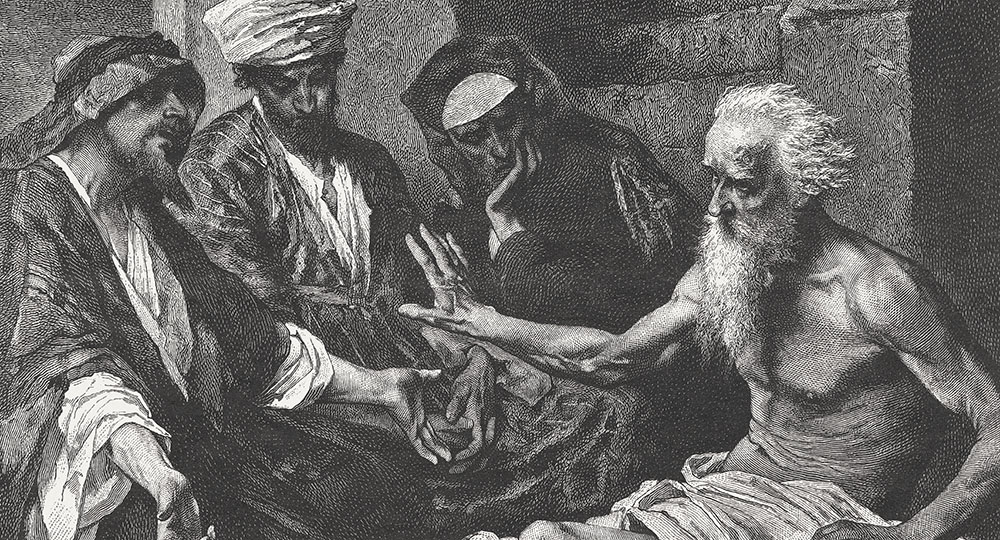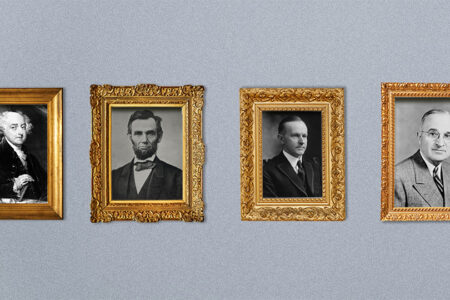About the Book of Job
Themes:
1: Why do the righteous suffer?
2: The sovereignty of God
Author:
Unknown.
There is no consensus. Suggestions have been Job, Elihu, Solomon, or Moses. Many think Moses wrote it while in Midian (c. 1485–1445 BC).
When did Job take place?
In the patriarchal period.
→ Before Moses and possibly before Abraham.
→ Before the establishment of the nation of Israel. (There is no mention of the Mosaic Law, the Tabernacle, sacrificial system, tribes of Israel, or priesthood. Israel considers it a canonical book.)
→ God’s laws were already known in Abraham’s day (Gen. 26:5).
→ Job was priest of his own household, offering sacrifices for his family (Job 1:5).
→ People lived long in the patriarchal period. Job’s children were grown with children of their own, and Job lived 140 years after his ordeal (42:16–17).
Who is the Addressee?
There is none.
If Moses wrote the book, he may have had himself in mind or the Israelites who suffered in Egypt. Or he may have been inspired by God to pen Job’s story to help all people throughout history understand the issue of suffering.
Was Job a real person?
Yes (Ezek. 14:14, 20; Jas. 5:11).
Where did Job live?
In the land of Uz (Job 1:1), east of the Dead Sea in Edom (Lam. 4:21).
What is the genre of the book?
It is considered a dramatic poem in structure, except for the prologue (Job 1—2) and epilogue (chap. 42), which were written in prose.
→ The poetic portion consists of dialogue between Job and his friends.
→ The word poetic does not mean fanciful or unreal but, rather, refers to the style. Unlike English poetry, Hebrew poetry does not employ rhyme or rhythm. It uses repetition of concepts, known as parallelism.
→ There are three types of parallelism: synonymous (repeated thought in similar language), antithetic (thoughts stated in contrast to each other), and synthetic (a list of thoughts presented in a structural form).
What is the purpose of the book?
It addresses the question, “Why do the righteous suffer?”
→ Job’s friends attempt to analyze his suffering and incorrectly conclude it is because of unrepentant evil in his life (chaps. 3—31).
→ It shows God is sovereign over all creation (chaps. 38—41).
→ It ends with Job repenting and being blessed (chap. 42).
Key verses:
Job 1:1, 21; 13:15; 19:25–27; 38:1–2; 42:5–6
Key words:
suffering, sovereignty







